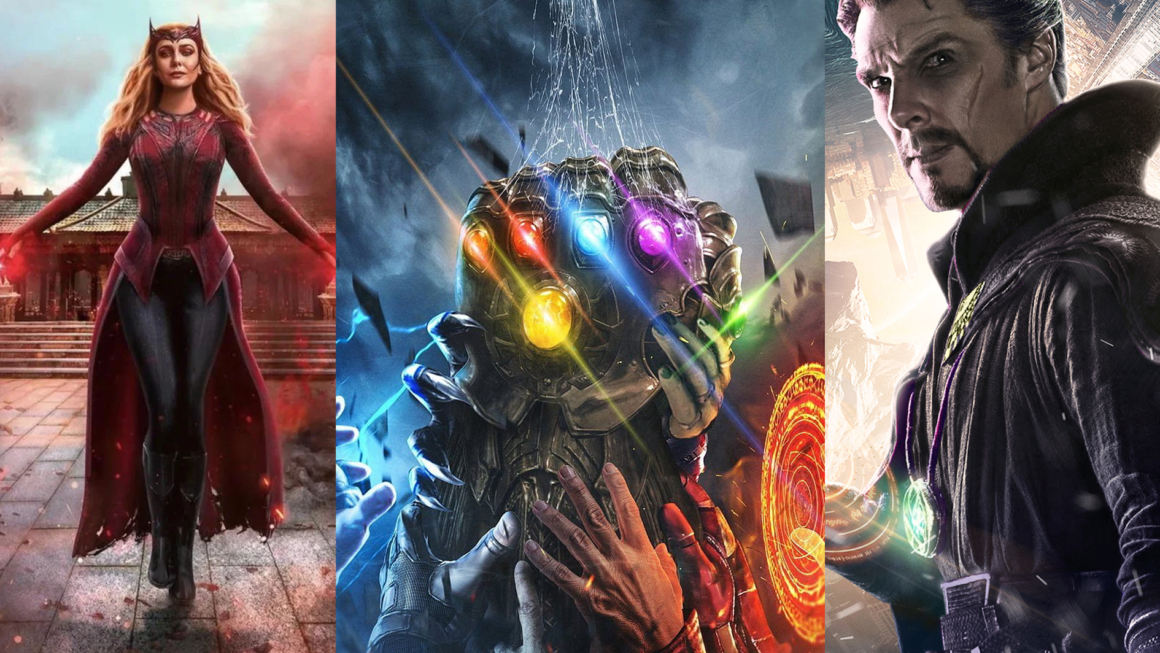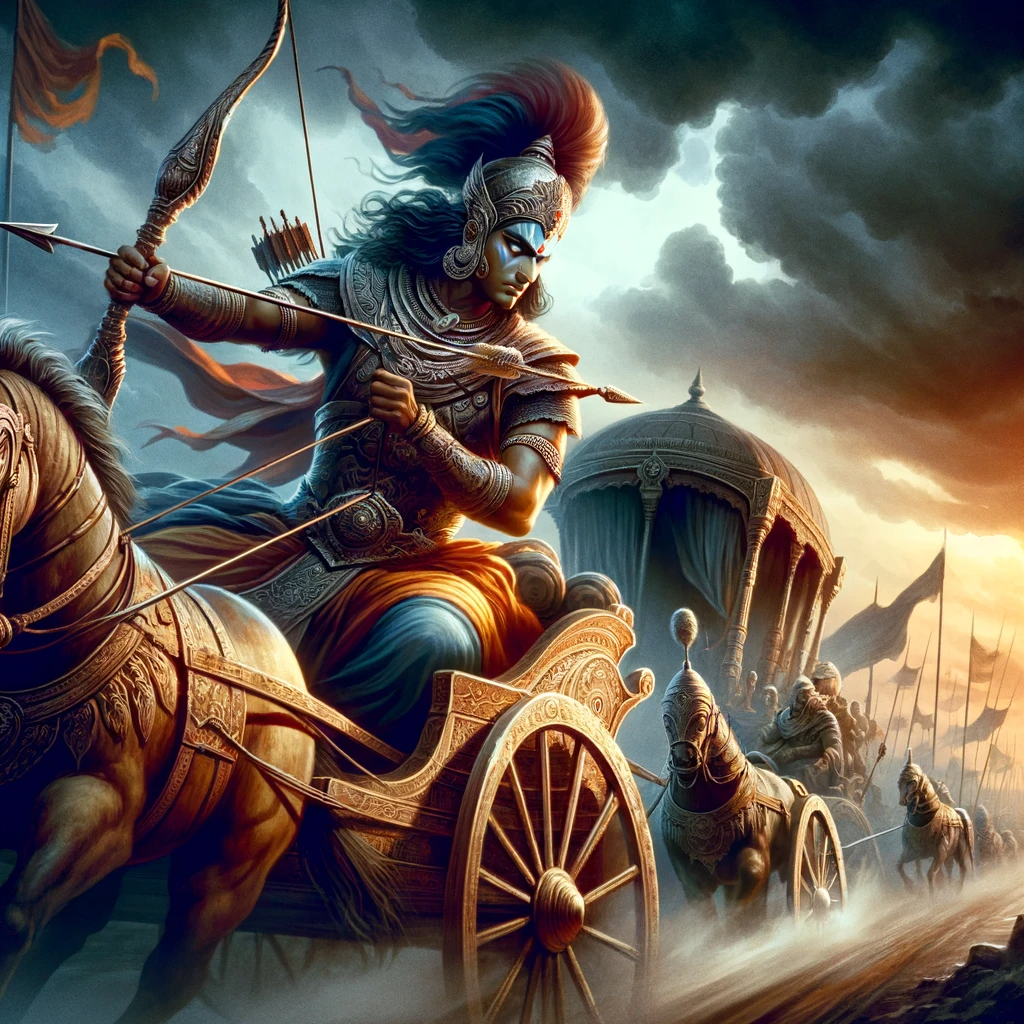In the Marvel Cinematic Universe (MCU), the distinction between heroes and villains is not always clear-cut. Characters like Thanos, Doctor Strange, and Wanda Maximoff exhibit behaviors that blur the lines between villainous deeds and heroic intentions, challenging viewers to reconsider what truly constitutes a villain.
Thanos: The Anti-Heroic Titan
Thanos, perhaps one of the most controversial figures in the MCU, executed a plan to eliminate half of all life in the universe. His justification was based on a belief in necessity and mercy—preventing overpopulation and resource depletion that he claimed would inevitably lead to suffering and conflict. This utilitarian approach, although horrific in its execution, was driven by what Thanos saw as a pragmatic solution to universal problems, positioning him as a complex antagonist with a cause he believed to be just.
Doctor Strange: The Protector with a Price
Doctor Strange, known as the Sorcerer Supreme, is tasked with protecting reality, but his journey includes moments where his decisions lead to catastrophic outcomes. In alternate realities, such as seen in What If…?, he becomes “Evil Strange,” who, in his quest to alter fixed points in time, destroys his universe. Like Thanos, Strange makes choices he sees as necessary, though his actions are often driven by personal loss rather than a broader ideological vision.
Wanda Maximoff: A Tale of Loss and Power
Wanda Maximoff’s actions, particularly in “WandaVision” and Doctor Strange in the Multiverse of Madness, highlight the dangerous potential of immense power combined with profound grief. In “WandaVision,” she envelops an entire town in an alternate reality to recreate her lost love, Vision. Later, driven by the illusion of her children, she wreaks havoc across the multiverse, her actions fueled by personal desire rather than any grand philosophical or moral reasoning. This paints a picture of a deeply troubled hero whose actions verge into villainous territories.
Defining Heroism and Villainy in the MCU
The MCU portrays a spectrum of morality where the ends often justify the means, depending on one’s perspective. Thanos, Strange, and Wanda all see themselves as saviors in their own narratives, yet their actions have led to immense suffering and destruction. This raises the question: What makes a villain, and what makes a hero? Is it the scale of their actions, their intentions, or the outcome of their choices?
In many ways, the MCU invites its audience to see each character as a reflection of the complexities of real-world moral and ethical dilemmas. Heroes are often defined not just by their intentions but by how they influence the world around them. The portrayal of these characters challenges traditional narratives of good versus evil, suggesting that heroism and villainy might lie in the eye of the beholder.
Conclusion: A Universe of Gray Areas
The stories of Thanos, Strange, and Wanda highlight an essential aspect of the MCU’s storytelling—its exploration of the ethical complexities of power and responsibility. Each character’s journey provides a narrative where right and wrong are not easily defined, and where actions speak louder than intentions. As the MCU continues to evolve, it remains a compelling study of characters who inhabit the vast gray areas between heroism and villainy, asking the audience to ponder deeper questions about justice, sacrifice, and the greater good.



